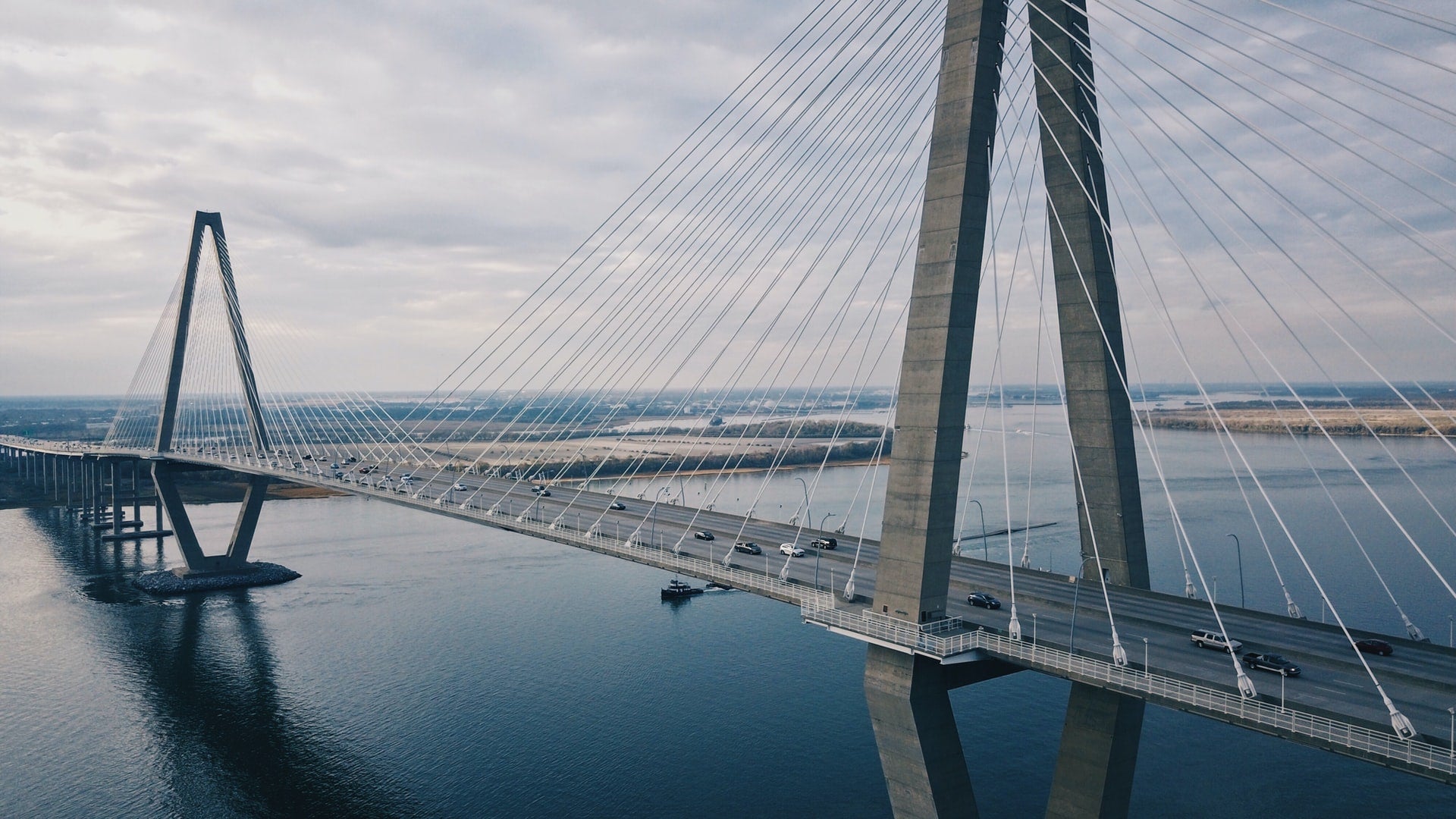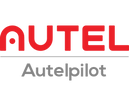Railway inspection is ushering in intelligent changes, and railway inspection drones are becoming an important force in the digital transformation of the railway industry. With the rapid development of low-altitude intelligent technology, railway inspection work has become safer and faster.
Railway inspection drones are gradually becoming the "new guard" in the field of rail transportation. Let us lead you to explore the recommended models, technical advantages, application scenarios and future development prospects of railway inspection UAV drones here.

What is a railway inspection drone?
Railway inspection drones are an industrial-grade flying device designed for scenes such as railway lines, bridges, tunnels, contact networks, power facilities, etc., equipped with high-resolution cameras, thermal imaging, lidar, AI algorithms and other sensors to achieve efficient, intelligent and remote inspection of facilities along the railway.
Among Autel Commercial UAV drones, the high-resolution camera drones Autel EVO II PRO Enterprise V3 and EVO MAX 4T have high-resolution RGB cameras, 6K 1-inch lenses and 8K 1/2 cmos to fully detect rail details, and the thermal imaging drones EVO II 640T series and EVO Max series can view 640*512@25fps resolution thermal images, multiple thermal palettes to accurately identify structural defects, support 1-16x zoom, and can achieve twice the result with half the effort for large-area and long-range railway inspections.
1. Technical advantages of railway inspection drones
Efficient coverage, time saving
Railway lines often span hundreds or even thousands of kilometers, with complex terrain and changing environments. Traditional manual inspections are time-consuming and inefficient, while UAV drones can achieve automated inspections through preset routes and quickly cover large areas. A drone can complete line inspections of dozens of kilometers in a few hours, greatly shortening the inspection cycle.
High-precision data collection
Modern railway inspection drones are equipped with advanced equipment such as high-definition cameras, infrared sensors, and lidar, which can collect high-definition images and three-dimensional data of facilities such as tracks, contact networks, bridges, and tunnels in real time. These data can be analyzed by AI algorithms to accurately identify problems such as track cracks, loose bolts, and contact network wear, and the detection accuracy is far beyond the naked eye.
All-weather operation capability
UAV Drones equipped with night vision and wind and rain resistance can perform tasks in bad weather or at night to ensure the continuity of inspection work. For example, infrared thermal imaging technology can detect equipment overheating problems and detect potential faults in time.
Improved safety
Railway inspections often involve high-altitude operations or remote areas, and manual inspections pose a greater safety risk. Drones can replace inspectors to enter dangerous areas, reduce personal safety hazards, and avoid interrupting railway operations due to inspections.
2. Application scenarios of railway inspection drones
Track and roadbed detection
UAVs can detect problems such as track surface cracks, roadbed settlement or landslides through high-resolution cameras and laser scanning technology, and detect potential derailment risks in time.
Contact network and power equipment inspection
The contact network is the core power supply system for high-speed rail operation. UAV Drones can quickly check the wear, breakage or foreign body entanglement of the contact network to ensure the stability of power supply.
Bridge and tunnel inspection
For elevated bridges and long-distance tunnels, uav drones can penetrate into hard-to-reach areas to check structural cracks, water seepage or other abnormal conditions to avoid major safety accidents.

Disaster warning and emergency response
When natural disasters such as floods and earthquakes occur, drones can quickly fly to the disaster-stricken areas, assess the damage to the lines, and provide first-hand data support for emergency repairs.
Data management and intelligent analysis
The data collected by uav drones can be uploaded to the cloud, analyzed through AI and big data technology, and inspection reports and maintenance recommendations can be formed to realize intelligent management of railway maintenance.
3. Actual cases and results
Globally, the application of railway inspection drones has achieved remarkable results. For example, China's railway system has widely adopted drones for high-speed rail line inspections, especially in remote mountainous areas and extreme weather conditions. UAV Drones have significantly improved inspection efficiency and safety.
According to statistics, drone inspections have shortened traditional inspection time by about 70% and reduced operating costs by about 50%. In Europe, Deutsche Bahn uses drones combined with AI technology to monitor railway infrastructure in real time, successfully increasing the fault detection rate to more than 95%. These cases show that drones are becoming an indispensable intelligent tool for the railway industry.
4. Challenges and Solutions
Although railway inspection drones have obvious advantages, their application still faces some challenges:
Limited endurance
The current battery life of uav drones is usually 30-60 minutes, which is difficult to meet the needs of ultra-long-distance inspections. Solution: Develop more efficient battery technology or deploy automatic charging stations to achieve drone relay inspections.
Adaptability to complex environments
Environments such as strong winds and strong electromagnetic interference may affect the stability of drones. Solution: Optimize the anti-interference ability and flight control algorithm of uav drones to improve their environmental adaptability.
Data processing and privacy issues
The storage and analysis of large amounts of inspection data requires powerful computing power, while ensuring data security. Solution: Use edge computing technology to reduce data transmission delays and strengthen data encryption protection.
5. Future Development Prospects
With the further development of 5G technology, artificial intelligence and the Internet of Things, railway inspection drones will usher in broader application prospects: Autonomy and clustering: Future drones will achieve fully autonomous inspections, and multiple uav drones can complete complex tasks through cluster collaboration to further improve efficiency.
Multimodal sensor fusion: Combined with more types of sensors (such as sound wave detection, gas sensors, etc.), drones will be able to perceive the status of railway facilities more comprehensively.
Green development: With the advancement of new energy technology, uav drones will adopt more environmentally friendly power systems, reduce carbon emissions, and help the sustainable development of the railway industry.
Can I fly a drone over railroad tracks?
Taking off or landing a drone on private property requires the permission of the property owner, and that includes railroad ROW. However, unless the airspace has FAA restrictions, you can fly over property legally.
6. Conclusion
Railway inspection drones are reshaping the traditional model of railway maintenance with their high efficiency, precision and safety. They are not only the product of technological innovation, but also an important driving force for the railway industry to move towards intelligence and greening. Follow Autel Commercial UAV drone to create tie








